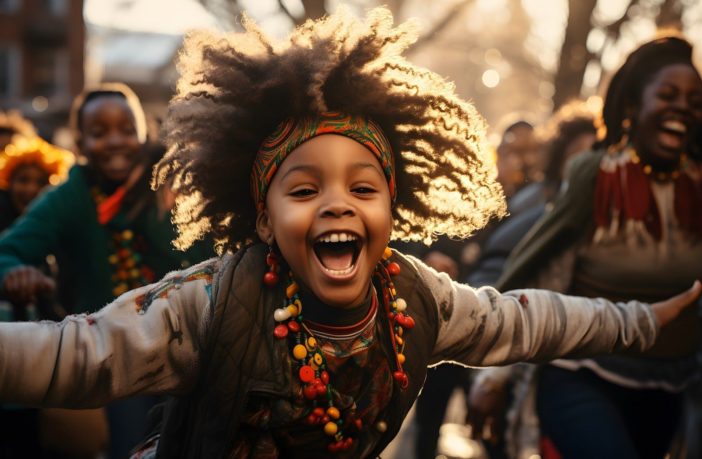There’s a good chance you’ve heard some sister or brother utter the phrase, “For the culture,” celebrating someone’s words or actions that lifted up Blackfolk. But what exactly is the “culture” that we’re forever for?
“Culture” is understood as those things important to a particular people, nation or group; things like particular foods, music, ways of worshipping, ritualistic markers (i.e. jumping the broom at weddings, singing certain songs at celebrations of life, calling funerals “celebrations of life,” etc.). And these ways of thinking, being and acting, these things we consider part of “the culture,” can become engrained traditions. So much so that, for better or worse, we literally define Blackness by a person’s adherence to those traditions.
But these cultural ways can be good or bad, uplifting or downgrading. When do we ever sit back and assess which aspects of “the culture” we need more of and which ones we need to do away with?
To that point, back in the 1900s, 1966 to be exact, Dr. Maulana Karenga created Kwanzaa after making his own assessment of Black culture. He contended that some things that we had made part of “the culture” were killing us. He recognized that “culture” is something that can change over time, and argued that Black culture had in some ways changed for the worse.
So, Karenga gave birth to Kwanzaa with its focus on seven principles (the Nguzo Saba) that Karenga believed would allow Blackfolk to reconnect with ancient cultural ways of being and living that have a centuries-old proven track record of success.
And even with Kwanzaa’s growth over the years, it has yet to be fully embraced by Blackfolk.
But maybe it’s time that it is.
With the all-out assault on Blackness that seems to ramp up daily (voter suppression, banned Black books, war against “CRT,” outlawing of DEI initiatives, end of Affirmative Action, exponential uptick in white domestic terrorism aimed at us, etc.), we’re long overdue for assessing what should and shouldn’t be considered authentically “For the culture.”
And one way we can start the process is by giving Karenga’s Kwanzaa principles a shot. We can start defining things as “For the culture” or not by how they reflect these seven principles. What are the principles? I’m glad you asked. Here they are:
Unity (Umoja)
Self-Determination (Kujichagulia)
Collective Work and Responsibility (Ujima)
Cooperative Economics (Ujamaa)
Purpose (Nia)
Creativity (Kuumba)
Faith (Imani)
What if we moved into 2024 by using these seven principles as the yardstick by which we measure what is really “For the culture” and what is something we can do without? Think about all the things we define as “Black” currently that wouldn’t make the cut. Think of some ways of being that the majority of us might currently not be into that we may need to incorporate for our betterment. Think of the gazillion things Blackfolk are into that don’t fit into the narrow, limited definition of what is “Black” that would then be more accepted and appreciated. Think of the expanded conversations we could have, the expanded ideas that could flow from them, and the expanded actions we could be about that would produce an expanded Black reality.
If we believe a better world for our people has even a sliver of a chance of emerging from giving these Kwanzaa principles a try, making them come alive in our daily lives, it’d be well worth our time. Let’s do it… for the culture.



